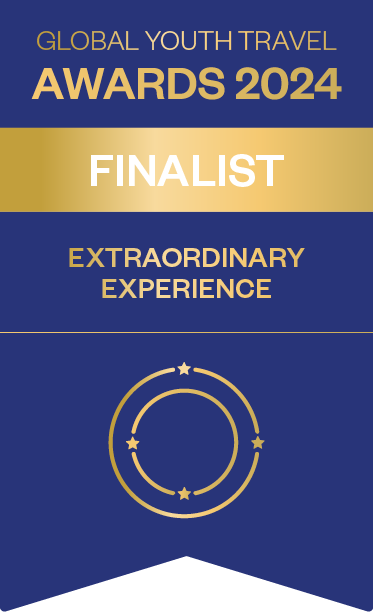Improving WASH facilities in Tanzania’s schools
Home | Venturer Stories |
Over the past few days whilst visiting villages for the first time, volunteers overcame various challenges before beginning project work in less than two weeks’ time. From the moment the volunteers left their vehicles after arriving in community, the importance of greetings was paramount to creating relationships which are key to the success of the safe water, hygiene and sanitation programmes here in Tanzania.
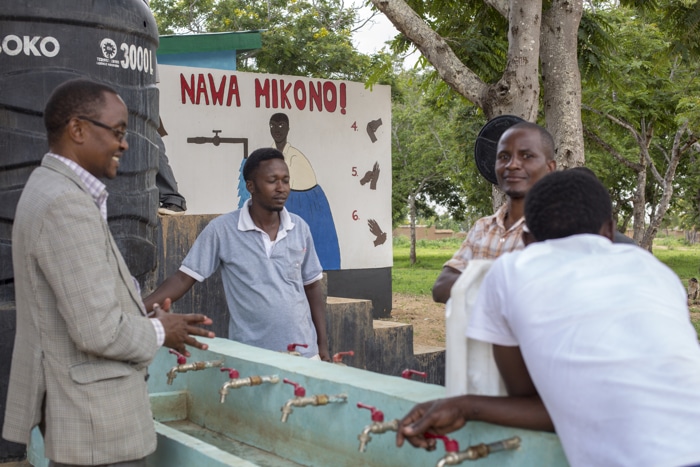
Water, sanitation and hygiene in schools (SWASH): What is the situation in Tanzania?
In Tanzania, less than 10% of all schools have functioning handwashing facilities with available water to enable children to maintain their personal hygiene. Only 38% of schools are deemed to have an adequate number of latrines, and only 20% of schools have water supply facilities within the school premises.
(Source: GoT SWASH Guidelines).
Raleigh SWASH projects in Tanzania are working toward Global Goal 6 which focuses on clean water and sanitation, ensuring availability and sustainable management of water and sanitation for all.
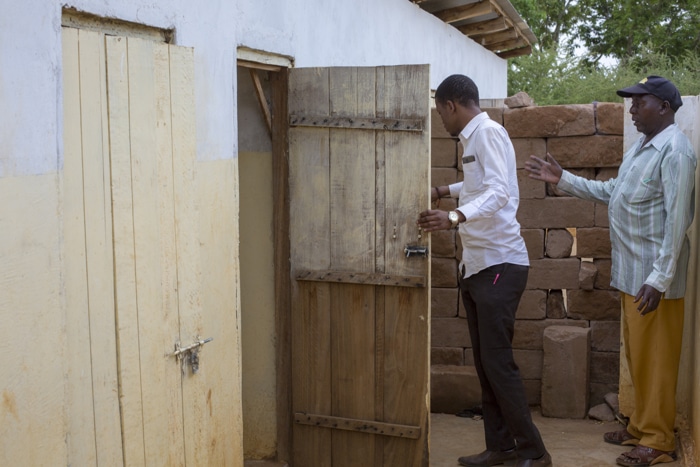
Sustainable water and sanitation management:
Initial meetings with key community members such as the Village Executive Officer (VEO), education officer and the head master/ mistress of each focus school enabled volunteers to strengthen their relationships and reputation within the communities. Long term improved water and sanitation management within a village is only achievable by truly understanding the needs of the community and, more broadly, empathising with how life is lived there and what conditions people are coping with in their day-to-day lives.
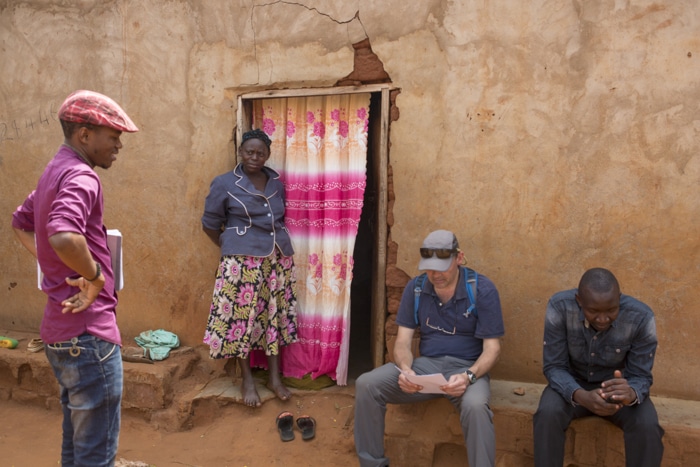
These newfound connections enable our volunteers to work to Global Goal 6’s key target (6.B): To support local engagement in water and sanitation management. By working alongside project partners, teachers and family members within each community, Raleigh volunteers share responsibility for the construction, care and education about new water, hygiene and sanitation facilities to achieve sustainable progress in schools.
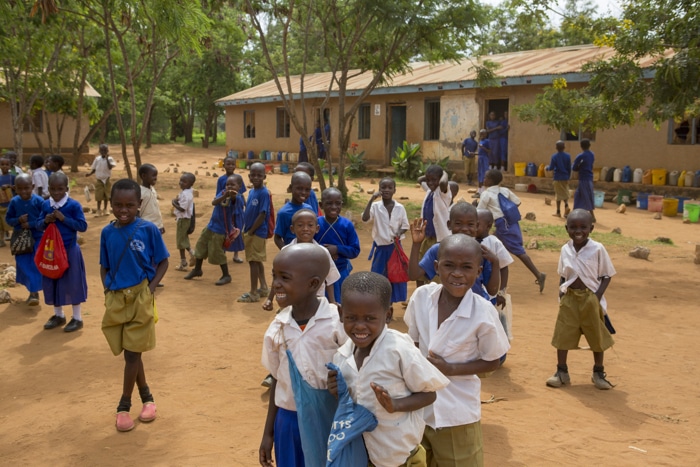
At Mkindo primary school, Mvomero, Morogoro, ICS team leaders Emmi and Glory met the VEO (Village Executive Officer) as soon as they arrived. She was a young woman called Stella Wambuli and despite being at the centre of a huge crowd she was unmistakably the leader, dressed in smart clothes and signing off papers.
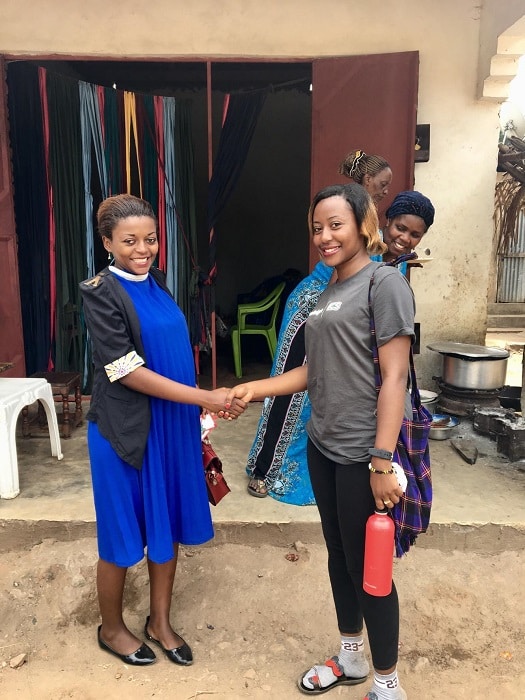
The team were to learn over the following few days that Stella was pivotal to the project set up in Mkindo and that she, like many of the women in the village, be they teachers, entrepreneurs, mothers, lie at the heart of this community.
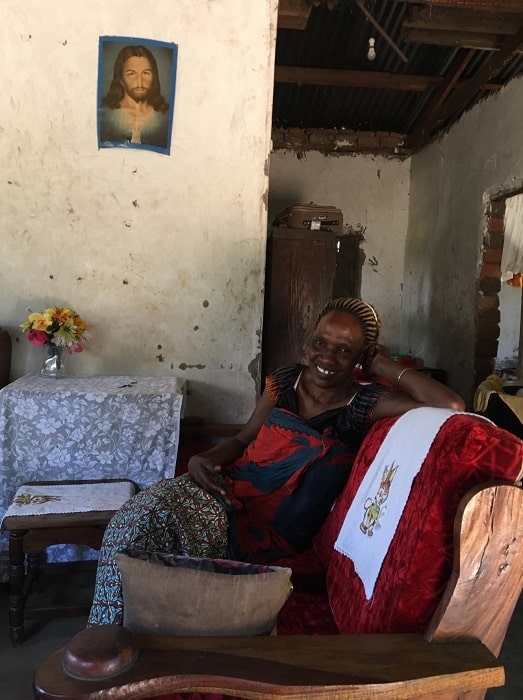
“I am happy about the volunteers coming. I hope that we can grow the volunteers’ ability to know each other and to learn from me. They will learn a lot from me about cooking and cleaning.”
In Mkindo, Emmi and Glory will finish building a toilet block which Raleigh volunteers began last year. With the help of the fundi (local engineer), Jafari, they will also construct a handwashing facility for the 986 students at Mkindo primary school. After the building and painting work is complete, the team will remain for a few weeks at the new SWASH facility with the aim of educating the children there on how to use this toilet block and handwashing stand.
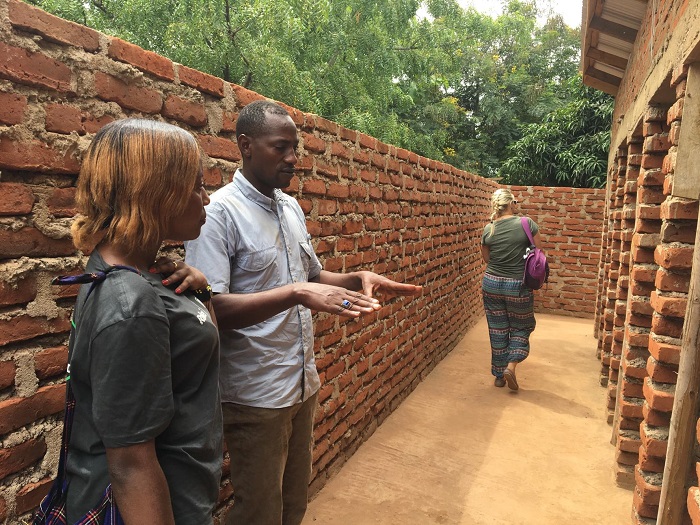
First impressions of life in community:
“Greeting everyone in community all day every day in Kiswahili takes a lot of energy and coming from somewhere where that’s not normal meant it took a day or two to get used to.”
– ICS team leader, Emmi Heinamaa
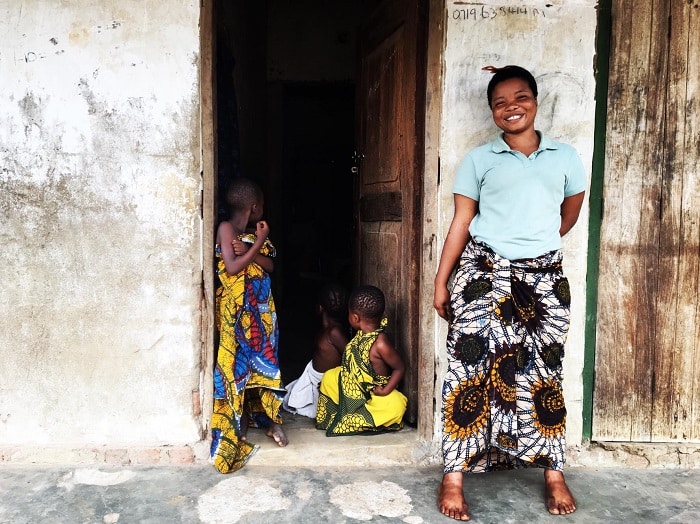
Tanzanian communities are close-knit: a diverse mix of members who never fail to greet one another warmly at every opportunity and who support each other. From waking up to the Islamic call to prayer between 4 and 5am, to enjoying celebratory modern Christian gospel music on Sunday morning, to simply walking from one house to another alongside hundreds of children in school uniforms and maasai people clad in simple sandals and rich, red cotton, the days the volunteers spent in community were a consortium of many peoples and ways of life.
Nonetheless, each morning all members of the community step out of their homes and greet each other and their new Raleigh neighbours with habari za asubuhi (good morning), followed by a string of greetings passed between one another as if engaged in a ping pong rally where the court stretches until the sound will no longer reach.
Amidst this new routine for volunteers in community, they also had to go about organising the initial connections with key village representatives and partners. Even finding homestay mamas to host volunteers was an education into how people live in the village, the dynamics of the community and how members provide services and supplies to support another.
“It was really interesting for me to see how the community welcomed us. The people in Mkindo take greetings very seriously: It’s just their way of life. There are Christians and Muslims and maasai, they all say hello and greet each other in the same way and this is often more exaggerated than how I would greet people where I am from in Kilimanjaro.”
– Glory Bwambo, Tanzanian volunteer. This is Glory’s second cycle as team leader with Raleigh Tanzania.
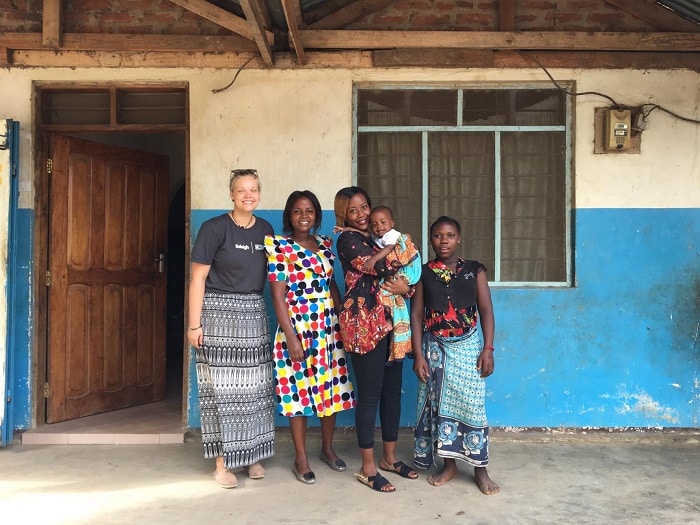
The benefits of improved SWASH directly impact the success of a child’s education:
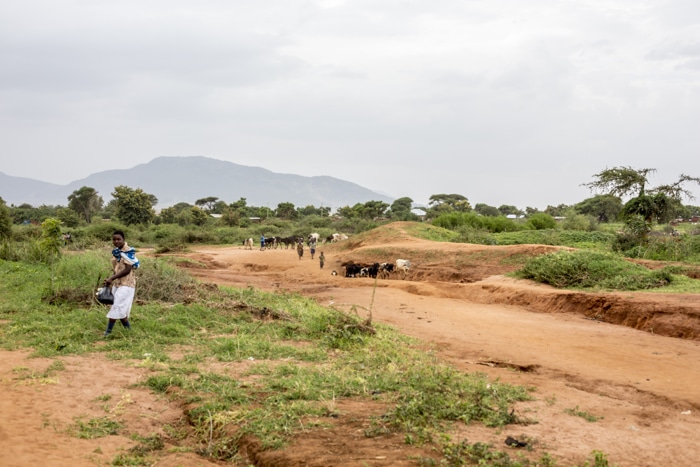
In a 2009 study supported by UNICEF and other partners, 16 districts in Tanzania were found to have over 80 percent of schools lacking functioning hand-washing facilities, and virtually none had any soap available.
The study also found that only 4% of schools had created sanitation or hand-washing provision for children with disabilities.
The Tanzanian government states that, ‘schools should be places where children feel safe, secure and have the basic amenities and facilities that allow them to learn and play for their growth and development.’
Our vision at Raleigh International is for young people to be at the heart of safe water, sanitation and good hygiene in communities we work in.
Our goal is to create long-lasting access to and use of safe WASH facilities for 75,000 people, contributing to Global Goal #6.
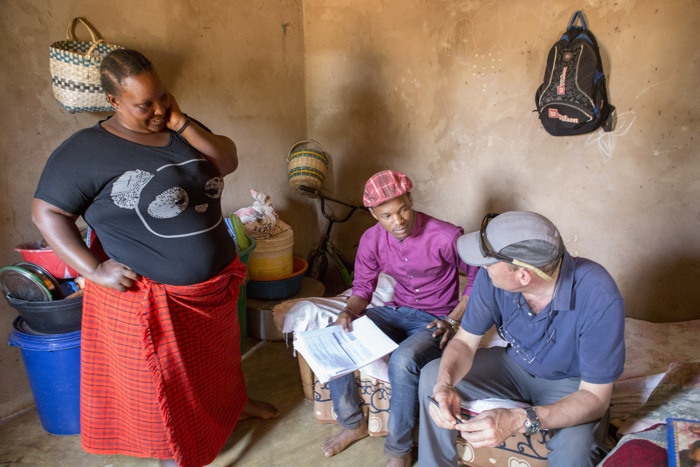
Young ICS and expedition volunteers will be working with key figures in the community such as local teachers, the VEO and project partners, as well as the community at large to contribute to our project goals over the coming three months. Initial project visits represent the progress we are making here in Tanzania. To join the safari, follow our next steps on Facebook and Instagram.
Words by Rebbie, spring cycle communications officer and photos by Hilary, spring cycle photographer.


